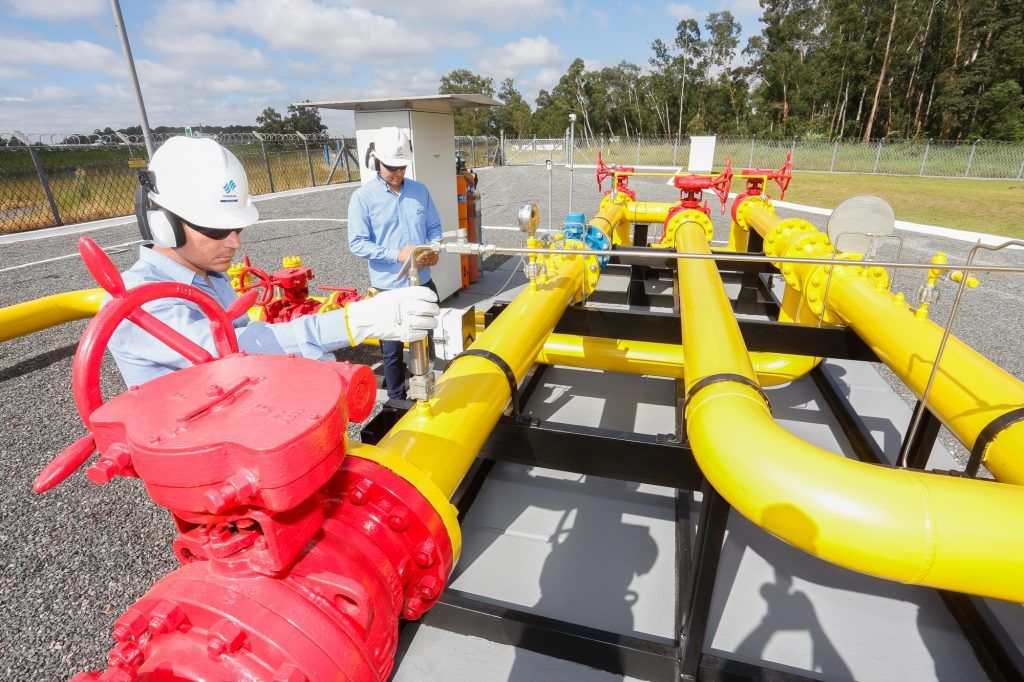Brazil is expected to double its installed natural gas capacity by 2031, according to Cosan.
Cosan is a Brazilian business group that plays an important role in ethanol production through its partnership with Shell, known as Raízen.
Natural gas is an important input for the industrial manufacturing process.
Installed natural gas capacity
As in the rest of the world, natural gas is gaining importance in Brazil’s energy matrix.
This is due to its reliable capacity to supply electricity, its good cost-benefit ratio, and its relatively low carbon emissions.
According to Empresa de Pesquisa Energética (EPE) in its Ten-Year Energy Plan 2031 (PDE 2031), natural gas capacity in Brazil is expected to double in the next decade.
In fact, this capacity is expected to increase from 16 GW in 2021, representing 9% of the current energy matrix, to 36 GW in 2031.
This increase implies that natural gas will cover approximately 15% of the country’s total energy matrix.
Infrastructure
Currently, Brazil’s energy matrix is predominantly based on hydroelectric generation.
However, between 2016 and 2021, hydroelectric plants exhibited an average GSF2 rate of 80 percent.
This suggests that these facilities have not been able to fully meet the country’s energy demand.
This deficit is largely due to the seasonal variability of river flows.
As a result, it is essential to resort to thermoelectric generation, which uses natural gas as a source of energy, to meet demand during periods of lower water availability.
Cosan believes that infrastructure-related factors will also be key to accelerating the use of natural gas in Brazil, as the sector presents several development opportunities that will enable greater penetration of this energy source in the daily use of Brazilians.
Currently, piped natural gas is only accessible to 5% of the Brazilian population, a low figure when compared, for example, to the rest of Latin America (22%) and the United States (54%).
Natural gas is relatively clean-burning, cost-effective, reliable and abundant.

